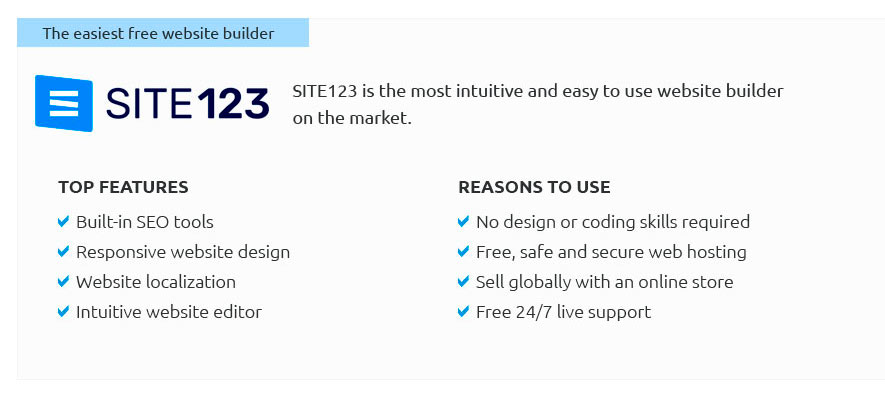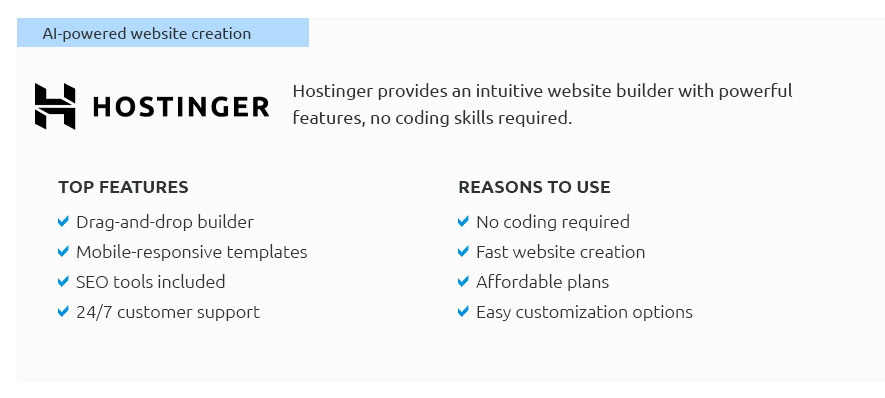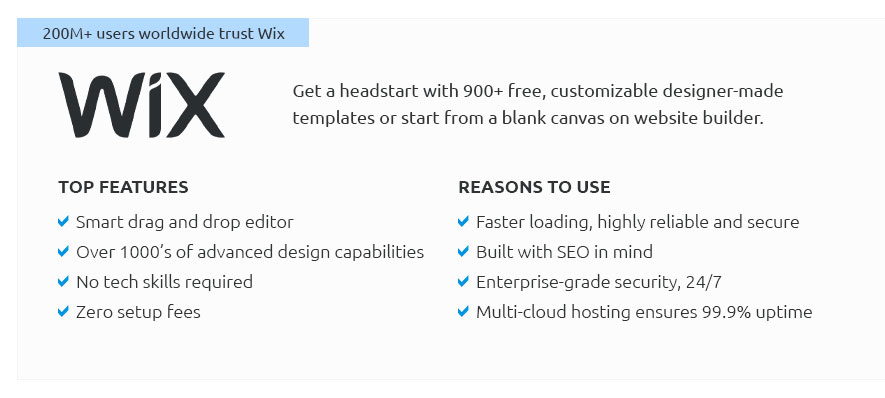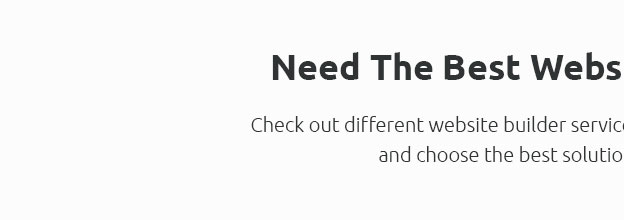 |
 |
 |
 |
|
 |
 |
 |
|
 |
|
 |
 |
|
 |
|
 |
|
 |
 |
Top 10 Website Builders for Small Business: Expert Tips and AdviceIn today's digital age, having an online presence is crucial for small businesses. Selecting the right website builder can make or break your online success. Here, we explore the top 10 website builders that cater specifically to small businesses, along with expert advice to help you choose the right one. 1. Wix: The Flexible All-RounderWix is known for its user-friendly drag-and-drop interface, making it perfect for beginners. It offers a wide range of customizable templates and apps to enhance functionality.
2. Squarespace: The Designer’s ChoiceSquarespace stands out for its sleek, professional templates ideal for creatives and visual businesses.
3. Shopify: Best for E-commerceIf you're looking to sell products online, Shopify is the go-to platform with robust e-commerce features.
4. Weebly: Budget-Friendly OptionWeebly offers a straightforward platform with a low learning curve, suitable for those on a tight budget.
5. WordPress.com: The Blogger's ParadiseWordPress.com is ideal for content-heavy sites with a focus on blogging.
6. GoDaddy: Quick Setup and HostingGoDaddy combines website building with domain registration and hosting, offering an all-in-one solution.
7. Zyro: AI-Powered SimplicityZyro uses AI tools to simplify website creation, making it a great choice for beginners.
8. Jimdo: For the Mobile-First ApproachJimdo emphasizes mobile optimization, perfect for businesses targeting smartphone users.
9. BigCommerce: For Large-Scale Online StoresBigCommerce is designed for growing online stores that require advanced e-commerce features.
10. Duda: Tailored for AgenciesDuda offers powerful tools for web designers and agencies to build customized client sites.
Choosing the Right BuilderConsider your business needs, budget, and technical skills when selecting a website builder. For more insights, explore this guide on how to make a clothing brand website tailored for fashion entrepreneurs. FAQs: Choosing a Website Builderhttps://optinmonster.com/best-website-builders-for-small-business-compared-pros-and-cons/
Wix is probably the most well-known website builder on the market and arguably the best free website builder for small business. It offers a ... https://m.youtube.com/watch?v=k7o3CBpY9FI&t=0s
... 10:58 Best for Online Courses DISCLAIMER: This video and description ... small commission. This helps support the channel and allows us ... https://mightysites.com/articles/top-10-website-builders-for-small-businesses
Top 10 Website Builders for Small Businesses - Mighty Sites: Best for Absolute Beginners - Wix: Best Overall Website Builder - Squarespace:** Best for Creative ...
|